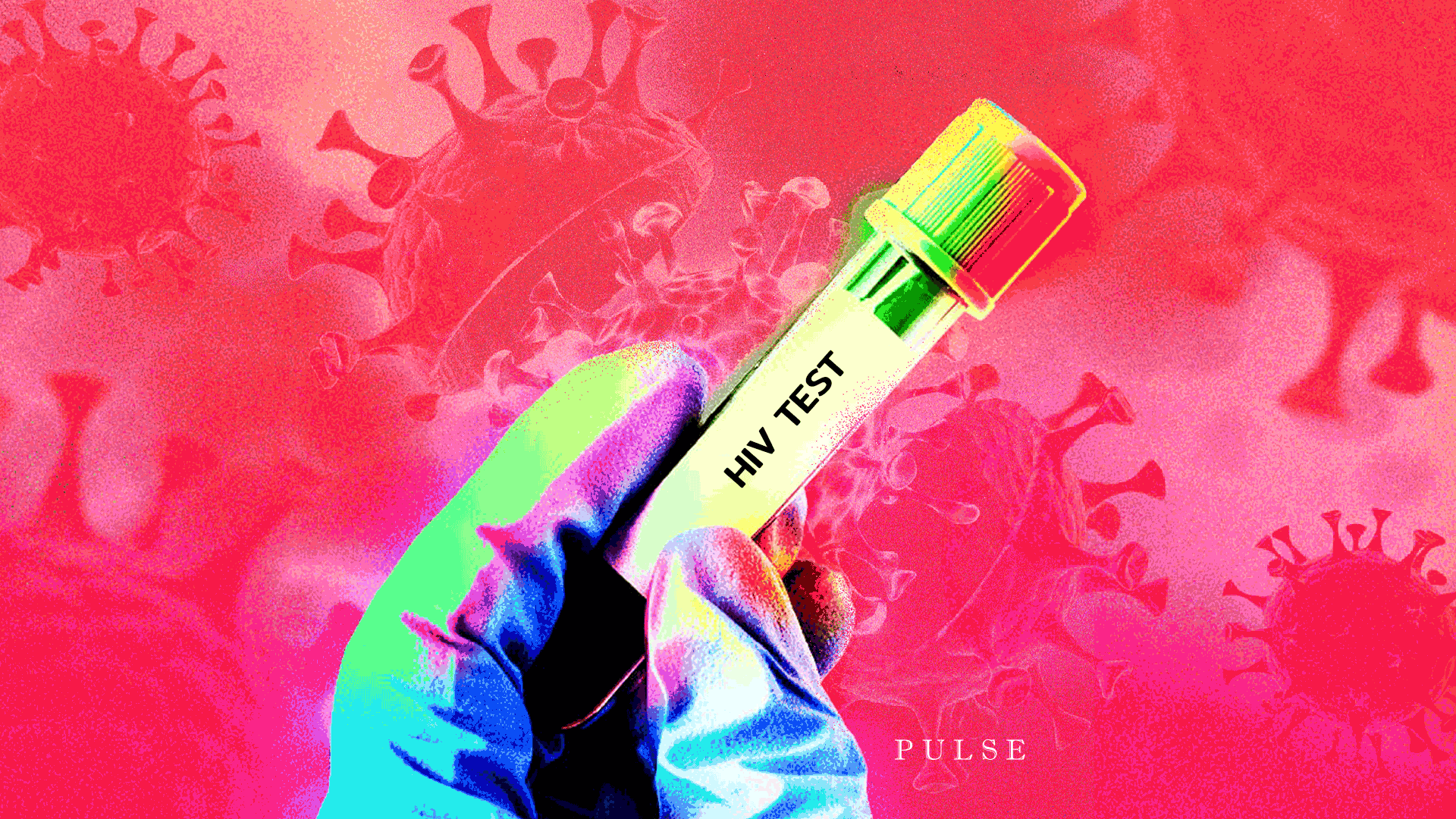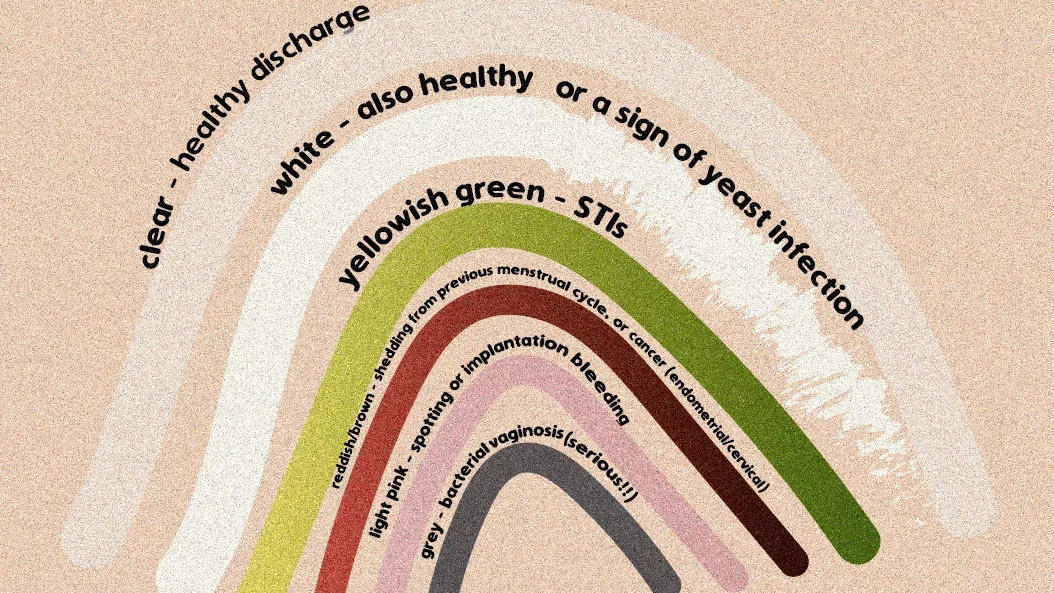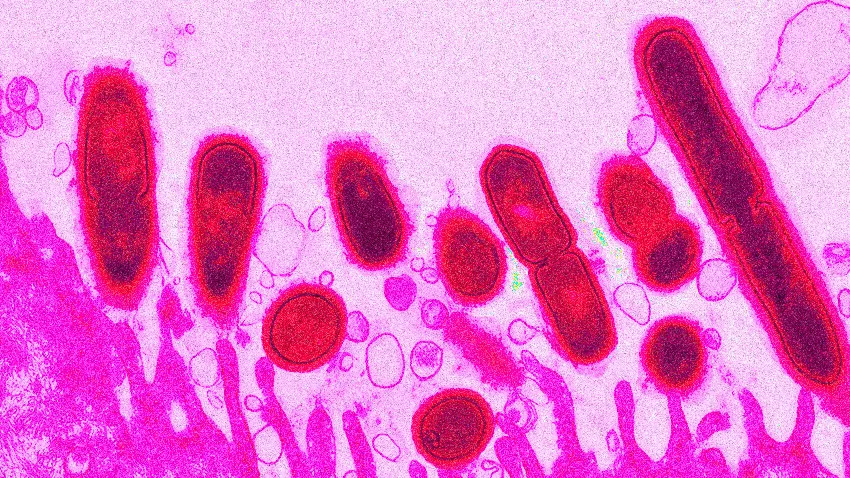Women's Yeast Infection | Asia's Leading Sexual Health Clinics
85217
Yeast is a fungus normally found on your skin. It’s also found in your digestive system. If you’re a woman, you also have yeast in your vaginal area.

FAQs on Vaginal Yeast Infection Symptoms and Treatment
Most women are pronged to vaginal yeast infection (candidiasis) at least once in their lifetime. A study has estimated that up to 75 out of 100 women will get this infection. Candida is a fungus that causes this infection. Candida can be found in our body and thrive in a moist environment such as the vagina, throat, skin, anus, and around the foreskin.
What do you need to know about this common infection? We have compiled a series of FAQs that we got asked a lot.
What is a yeast infection?
Yeast is a fungus normally found on your skin. It’s also found in your digestive system. If you’re a woman, you also have yeast in your vaginal area. When too much yeast grows on your skin or other areas, it can cause an infection.
What are the main causes of yeast infection in females?
How do you get a yeast infection? It is important to understand the main causes of vaginal yeast infection. A fungus called Candida Albicans is responsible for most cases of vaginal yeast infections.
When there is a change in the balance of the bacterial flora or pH of the vagina, it can lead to infection or inflammation of the vagina. This includes an overgrown fungus (candida).
Overgrown candida can be the result of pregnancy, use of antibiotics, impaired immune system, hormonal imbalance, uncontrolled diabetes, sexual activity, use of vaginal wash and douches, or even wearing tight pants or underwear.
What are the causes of a yeast infection in a woman?
Yeast cells may multiply rapidly in the vagina when the balance of healthy bacteria is disrupted. Several factors that can contribute to an infection include:
- The use of antibiotics, which reduce the amount of beneficial bacteria in the body
- Unmanaged diabetes
- Exposure to irritants like douching products, spermicide, soaps, powders, or deodorants
- Wearing tight clothing or synthetic fabrics, such as swimsuits and activewear
- A weakened immune system
- Pregnancy
- Hormonal fluctuations around the menstrual cycle
How do I know if I have a yeast infection?
One of the most common symptoms of vaginal yeast infection is having thick, white, odor-free discharge with a cottage cheese appearance accompanied by other symptoms such as:
- Itching and irritation in the vaginal and vulva
- Redness and swelling of the vulva
- Burning sensation during sexual intercourse or while urination
- Vaginal pain and soreness
- Vaginal rash
- Watery vaginal discharge
- Vaginal discharge that has a cottage cheese appearance
If you have one or more than one symptoms, please visit our doctor for an assessment.
If you are someone with uncontrolled diabetes, a weakened immune system, or have a frequent yeast infection you are more vulnerable to complicated yeast infections.
Contact us at info.bkk@pulse-clinic.com or chat on your preferred platform:
![]() +66 65 237 1936
+66 65 237 1936  @PULSEClinic
@PULSEClinic ![]() PulseClinic
PulseClinic
Could that be a yeast infection if I have an abnormal vaginal discharge and vaginal odor?
Having an abnormal vaginal discharge doesn't mean that you have a vaginal yeast infection. An abnormal vaginal discharge is one of the most common symptoms of vaginitis (vulvovaginitis).
Vaginitis is an inflammation or infection of the vaginal, and it is common in women during their reproductive years. Vaginitis can itch, discharge, pain, and odor. There are different types of vaginitis, and vaginitis has different causes, symptoms, and treatments.
Bacterial vaginosis (BV) is caused by an imbalance of "good" and "bad" bacteria in the vaginal. It is not a sexually transmitted infection, but it can increase your risk of getting other sexually transmitted infections such as Chlamydia, Gonorrhea, or Trichomoniasis. People with Bacterial vaginosis may experience off-white, grey, or greenish vaginal discharge with a fishy smell.
Yeast infection (Candidiasis) is caused by an overgrowth of candida in the vaginal. Yeast infection can cause thick, white, odor-free vaginal discharge with a cottage cheese appearance.
Trichomoniasis (Trich) is caused by a parasite called (Trichomonas vaginalis). Trichomoniasis is one of the common sexually transmitted infections. You may experience yellow-green or gray discharge from the vagina with an unpleasant smell.
Can you get a yeast infection from having sex?
Yes, it is not uncommon that yeast infection can be transmitted to your partner through sex. Men can get infected with penile yeast infection if they engage in sexual intercourse with an infected female partner. Likewise, a female can get a vaginal yeast infection from an infected male during sexual intercourse.
In general, it is also possible to contract yeast infection via oral sex when you encounter a person with a vaginal yeast infection or penile yeast infection. Sex toys can also transmit the infection.
It is important to consider taking a break from sexual activity with your sexual partner to prevent the transmission of this infection back and forth until you and your partner are recovered.
Add us on Line and stay in touch.
Why do I keep getting yeast infections (recurring yeast infections)?
Recurring vaginal yeast infection can occur if the conditions of your body are favorable for yeast to overgrow. A lack of regular hygiene practices can also lead to recurring yeast infections. The risk of having a recurring yeast infection is higher when you have a weakened immune system, some of the factors of a weakened immune system can be your age, use of certain medication, or have certain health or medical conditions.
How do you get rid of a yeast infection?
After understanding your medical history, our doctor will perform an examination or test. A vaginal swab will be performed to determine the type of fungus causing the yeast infection. This is important to help your doctor prescribe effective treatment, especially if you have a recurrent yeast infection.
The treatment for yeast infection depends on the severity and frequency of the infection. If your infection is infrequent and has mild to moderate symptoms, your doctor may prescribe you antifungal medication in the form of tablets, suppositories, creams, or ointments.
How can I reduce my risk of getting a vaginal yeast infection?
You can reduce your risk of getting a vaginal yeast infection by
- Avoid using feminine deodorants
- Not using scented tampons or pads
- Not douching
- Using water-based lubricants
- Change out of wet clothes
What should I do before visiting a doctor?
It is important to make a list of any symptoms that you are experiencing, as well as for how long you have been experiencing them.
- Let your doctor know what other medical conditions you have, and what medications, supplements, and vitamins you are taking.
- Avoid using tampons or douching before your appointment to see your doctor.
- Do not begin treatment or self-medication until your doctor has confirmed that you have a yeast infection.
- If you are concerned about yeast infection, please contact our doctors today.
PCR Multiplex DNA Test for 28 Infections 




Our STD PCR Multiplex test offers advanced technology to detect up to 28 infections, including Gonorrhea, Chlamydia, Syphilis, Herpes Simplex, Trichomonas, and Candida strains, all in one test. It can identify infections in various anatomical areas, such as the throat, urethra, anorectal region, vagina, cervix, sperm, and skin lesions. For urethral infections, the Urine PCR is recommended, while the Throat Swab PCR is ideal after oral sex. Anal Swab PCR is advised for unprotected anal sex, and the Vaginal Swab PCR is recommended for vaginal sex, with staff guidance available for all tests.
| PCR for 28 Infections (STD Multiplex) | Online results | |||
| Same day** | Next day | 3 days | 7 days | |
| Throat | 14,000 THB | 11,600 THB | 10,480 THB | 9,200 THB |
| Urine | 14,000 THB | 11,600 THB | 10,480 THB | 9,200 THB |
| Anal Swab | 14,000 THB | 11,600 THB | 10,480 THB | 9,200 THB |
| Vaginal Swab | 14,000 THB | 11,600 THB | 10,480 THB | 9,200 THB |
| Cervical Swab | 14,000 THB | 11,600 THB | 10,480 THB | 9,200 THB |
| Sperm | 14,800 THB | 12,640 THB | 11,600 THB | 10,080 THB |
| Skin Lesion Swab | 14,000 THB | 11,600 THB | 10,480 THB | 9,200 THB |
| Pooling | 15,600 THB | 13,280 THB | 12,400 THB | 10,800 THB |
| PCR for 2 Infections (Gonorrhea/Chlamydia) | Same day | Next day | 3 days | 7 days |
| Throat | 5,690 THB | 4,990 THB | 3,990 THB | 3,300 THB |
| Urine | 5,690 THB | 4,990 THB | 3,990 THB | 3,300 THB |
| Vaginal and Cervical Swab | 5,690 THB | 4,990 THB | 3,990 THB | 3,300 THB |
| Rectal Swab | 5,690 THB | 4,990 THB | 3,990 THB | 3,300 THB |
| Sperm* | 6,200 THB | 5,150 THB | 4,100 THB | 3,690 THB |
| Skin lesion Swab | 5,690 THB | 4,990 THB | 3,990 THB | 3,300 THB |
PULSE Teleconsult: Connect with Doctors Anytime, Anywhere!
PULSE now offers PULSE Telemedicine & Teleconsult, enabling both new and existing patients to connect with doctors over 20 branches across 6 countries during clinic hours for non-emergency consultations. After the consultation, medications are delivered directly to the patient's doorstep.
3 Easy Steps to Get a Teleconsult with PULSE!
- Connect with us Either on WhatsApp, or Line App to Chat with us or call us to talk with our staff to request teleconsult.
- Verification & Consultation Our team will guide you through the verification process before your online consultation. Our doctors provide virtual consultations via available platforms, just like a traditional visit—only from the comfort of your home! Access care anywhere, anytime.
- Get Your Treatment From Home! If your doctor determines that medication is necessary, they will provide you with a medical certificate and prescription. Your medication can be delivered to your address through our online delivery service, or in some cases, you may choose to use the prescription at a local pharmacy. For certain conditions, further lab tests may be required, and the doctor may recommend scheduling an appointment at one of our clinics near you!
Test of Cure After Treatment with Our Teleconsult Services: Ensuring Complete Recovery
After completing treatment through our teleconsult services, your doctor may recommend a PCR test as a follow-up test of cure. This is to ensure the effectiveness of the treatment and that the prescribed medication has successfully eliminated the infection. We prioritize your health by confirming that no infection remains in your system, helping to prevent persistent or recurrent infections, complications, or the development of drug resistance. Typically, this test is performed around three weeks after your final day of treatment to ensure optimal results.
Teleconsult is now available for booking through our staff at PULSE Clinic. Our team will help guide you through the process to ensure your session with one of our doctors goes as smoothly as possible for you.
Contact us at info.bkk@pulse-clinic.com or chat on your preferred platform:
Add us on Line and stay in touch.
Loading...
Clinic Locations
Loading...







